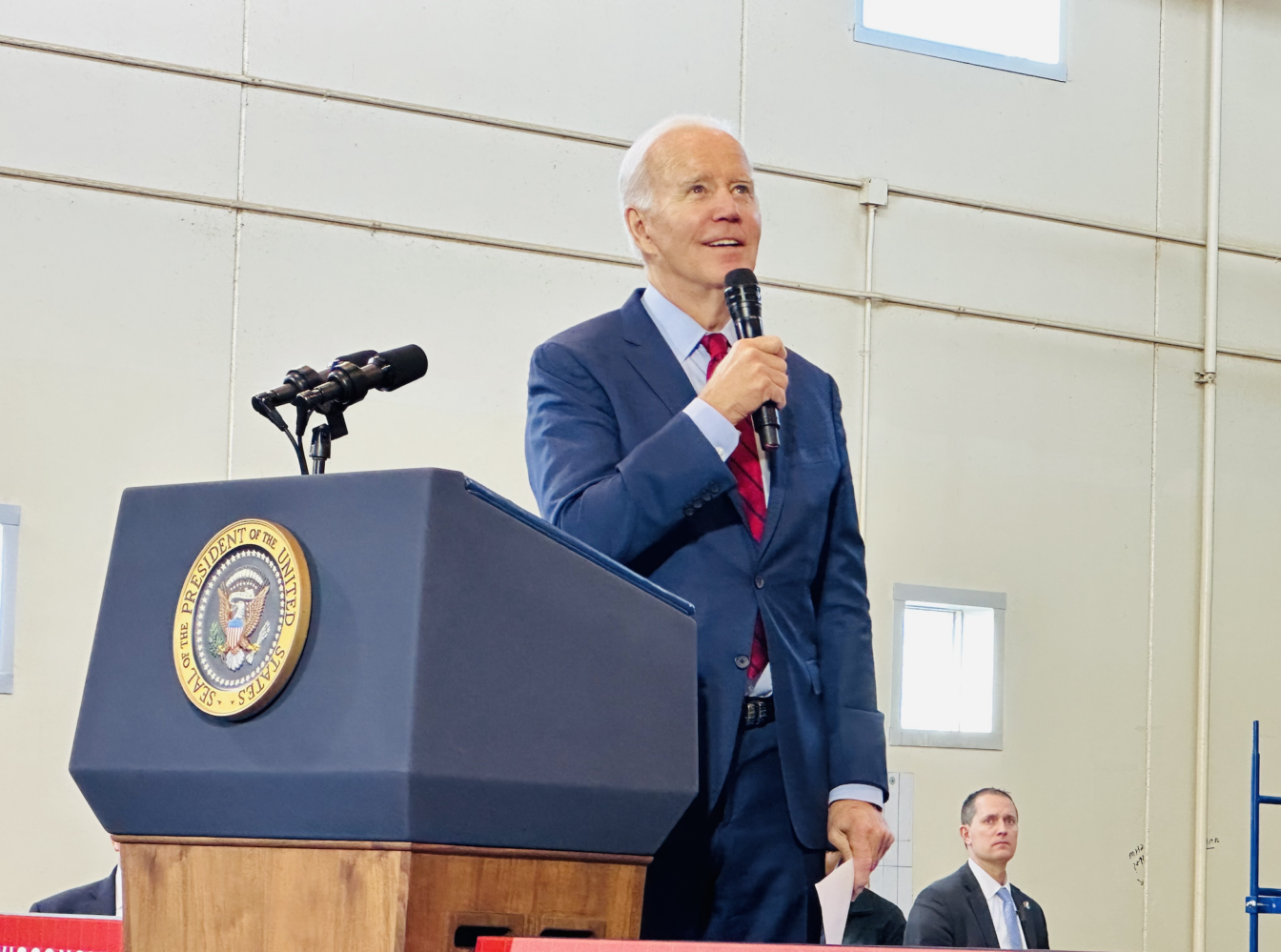Feb. 4, Democrats voted to upend decades of tradition in reconfiguring their primary schedule — bumping Iowa out of the early primaries altogether and placing South Carolina at the front. Though there are still logistical challenges to clear before this schedule becomes a reality, it is already generating controversy.
The origins of how the first states gained their status dates back decades, according to the Brookings Institution. New Hampshire has held the first primary in the country since 1920. This tradition was solidified through the 1950s and 1960s, when primary results served as a warning to candidates who were not faring well.
Since then, increased media coverage has led primary results to signify a sense of momentum. The way candidates perform in those first early primaries can influence voters in the next states, essentially setting up their campaign for continual success or failure.
Communities of color face particular lack of welfare infrastructure amid rising mental health crisis
Iowa’s first state status originated in the 1970s when Jimmy Carter garnered unexpected success in the state. After new rules caused Iowa’s caucus to function just like a primary, they were covered more heavily by the media. Carter’s success carried over to New Hampshire, allowing him to win the nomination and eventually the presidency.
For both Iowa and New Hampshire, first state status didn’t mean much when rules were first enacted. But after decades of tradition and increased media coverage, being the first state has become recognized as a coveted position in the primary schedule, bringing campaigns to these early states, according to the Brookings Institution.
In the 2020 presidential election, then-presidential candidate Joe Biden faced major adversity on his road to nomination, according to NPR. In Iowa, New Hampshire and Nevada — the first three states — Biden finished in fourth, fifth and second, respectively.
Biden’s poor performance in these states might have been enough to push him out of the race in another year, but faulty reporting systems prevented significant media coverage on his losses. When he made it to South Carolina, he performed well among Black voters, largely thanks to Rep. James Clyburn’s, D-S.C., endorsement.
Following his win in South Carolina, Biden made a crucial recovery. Ideas began circulating that Biden, a member of the party establishment, was the most likely to beat then-president Donald Trump, pushing many other Democrats to drop out and endorse him.
The Democrats’ new schedule would hold South Carolina’s primaries first, Feb. 3, followed by New Hampshire and Nevada on Feb. 6, then Georgia on Feb. 13 and Michigan on Feb. 27. This schedule, which reflects the importance of the states that propelled Biden to his nomination, may signal Biden’s intent to seek reelection. But, perhaps more importantly, it changes the game of presidential primaries, giving an influential voice to a new set of voters.
Wisconsin legislature endangers LGBTQ rights by legalizing conversion therapy
Largely, the new schedule represents the importance of racially diverse voters in Biden’s presidential nomination. South Carolina’s primary electorate is majority Black, according to the New York Times. This means future presidential candidates would have a strong motivation to connect with Black voters and appeal to their interests more strongly than the other Democrats.
This is a significant development, since Iowa and New Hampshire represent a very different demographic of voters. These states turn out an electorate that is whiter and more conservative than the primary voters in South Carolina. For decades, politicians have had to appeal to these interests in order to secure momentum early.
In an interview with the New York Times, racial politics author Steve Phillips explained this dynamic. He said instead of building a campaign around the interests of rural, white voters, presidential candidates would benefit from creating long-term relationships with Black communities across the country.
According to the New York Times, South Carolina, Georgia and Michigan all represent strongholds of racial diversity. Placing them first in the Democratic primary schedule would create a new environment for campaigning.
While the new schedule may not change the landscape much if Biden decides to run in 2024, it could set a new precedent for what kinds of policies and campaign strategies matter for the future. More importantly, it could center the people and issues that concern racially progressive politics.
Lame duck laws prioritize political gains over system of checks and balances
In the past, the Democratic primary schedule strongly amplified the voices of rural voters who make up 1.3% of the American population. By turning this system on its head, the door could open to a new era of progressive politics, finally centering the needs of racially diverse voters who have loyally supported the Democratic party for decades.
Ultimately, tradition on its own cannot justify maintaining old habits — especially if the old schedule no longer serves the needs of the voters at the base of the Democratic party. The new schedule places Democratic politicians in a position to develop important relationships with racially diverse voters, presenting an opportunity to benefit these communities all across the country.
Celia Hiorns ([email protected]) is a sophomore studying journalism and political science.





















